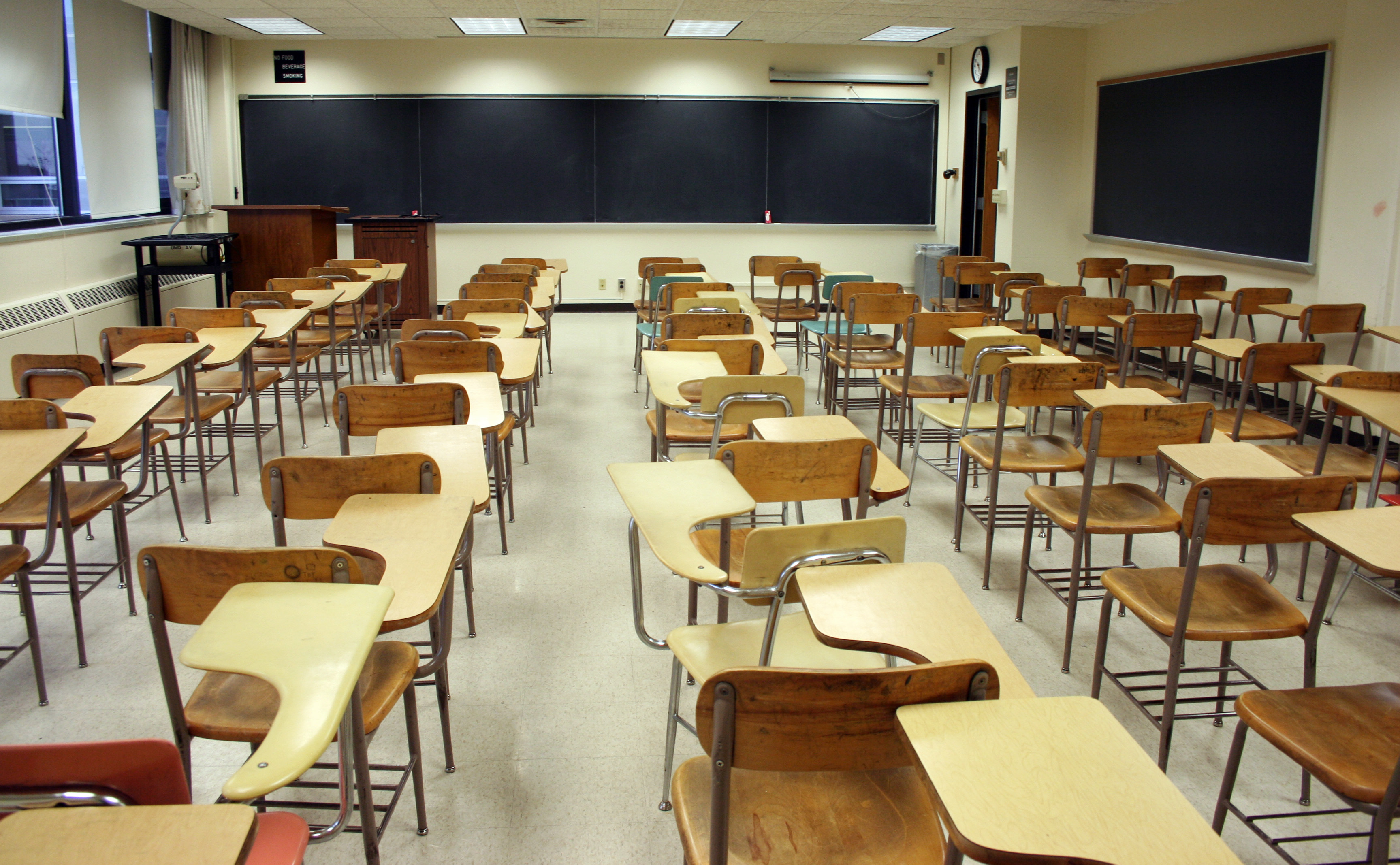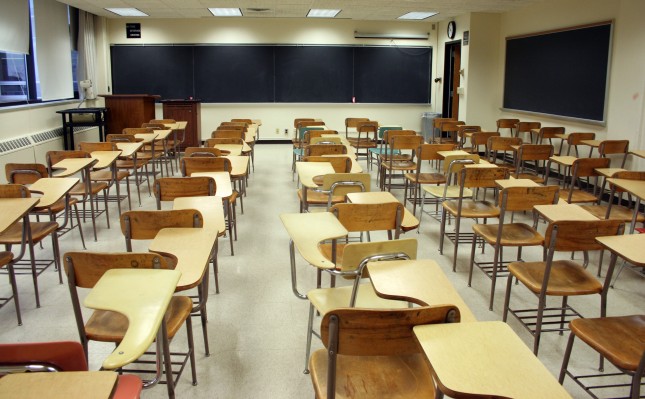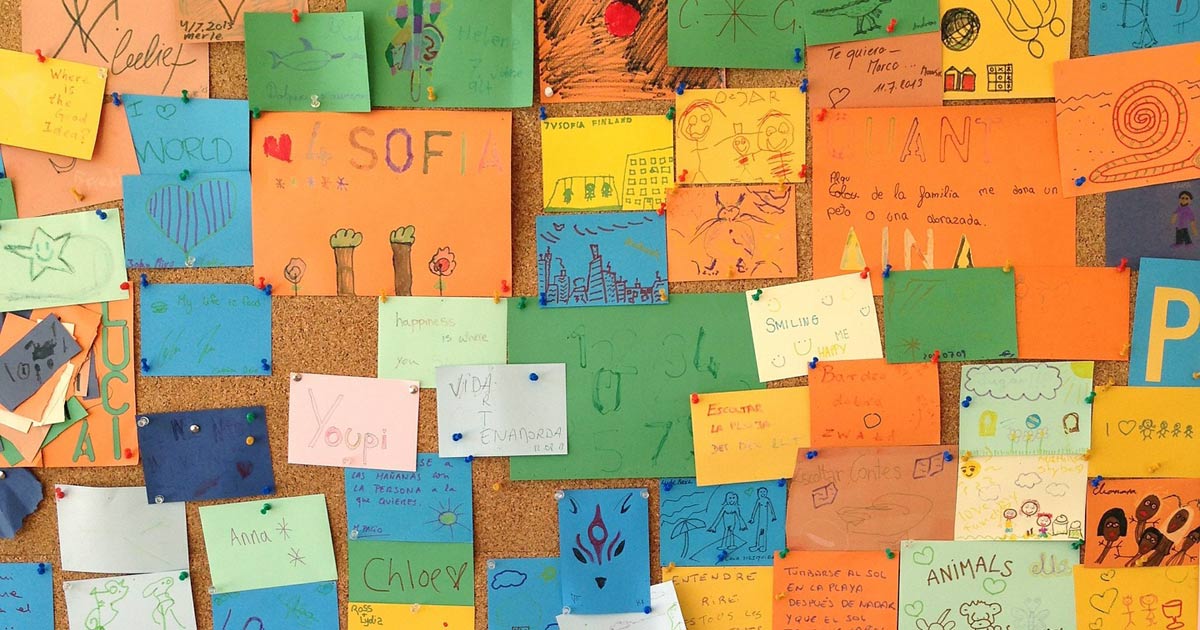School is back in session for most, and that means working with the school to keep your food allergic child safe. Following is a Back to School with Food Allergies checklist to make sure you’ve covered everything.
Health Care Plans
Does your child have a Health Care Plan with the school? If not, you should get one. It could be as simple as an Allergy Action Plan or an Emergency Action Plan and as thorough as a 504 Plan or an IEP (Individualized Education Plan).
A Health Care Plan can and should detail what allergies your child has, what his/her reactions might be, and how to treat those reactions. A Health Care Plan can also include accommodations such as a peanut safe classroom.
If you don’t have a Health Care Plan, talk to your school nurse. She can get one started for you.
Speak with the Teachers, Staff, Etc.
Now is the time to meet or at least call/email the teachers and staff at your child’s school. Don’t forget the bus driver and anyone else who may come in contact with your child. The more people who know about your child’s allergies and how to treat them the better.
You may find yourself surprised that the bus driver hands out candy or that the classroom teacher celebrates kid’s birthdays and holidays with food parties. It’s important to develop a relationship with these adults who will be caring for your child.
Medications
If your child has any medications for his allergies, they should be up to date and at the school. Check expiration dates on EpiPens. Find out where EpiPens are stored, if your child can self carry/administer (depending on age), and whether you want that. You may also want to check with the bus driver as to whether he has been EpiPen trained.
Talk to Your Child
It’s crucial to have regular discussions with your child on what your expectations are. Remind her of your rules for what she is allowed to eat. Is she allowed to buy school lunch? Is she allowed to share food with friends? Does everything she eats need to have an ingredient label? Don’t forget to discuss what to do when/if she feels like she is having an allergic reaction.
Younger children may have a simple set of rules. An older child should start to take more responsibility for her allergies.
Keep Things in Perspective
Remember that accidents can and will happen. Most teachers do the best they can. Accidents usually stem from misinformation or poor communication. Keep communicating with your school/teachers/staff/child about what is and isn’t working. Try to remain calm and kind. With the above steps, you’ll be well on your way to ensuring that your child has a safe school experience.






COMMENTS